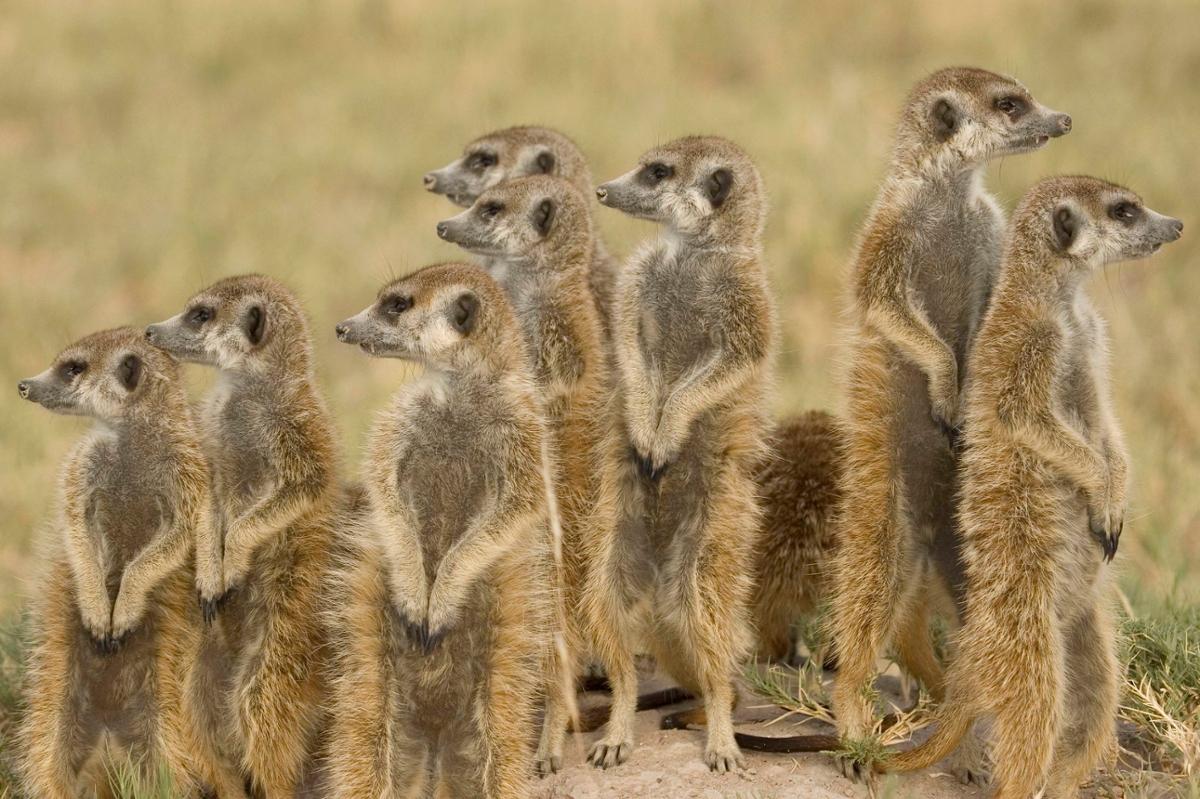Watch a few nature documentaries, and you’ll start to see a pattern: a lot of animals play nice with their pack or troop, but when an outsider comes along, things start to get dicey. A team of researchers recently suggested that, while there’s been a lot of research on how animals’ social behavior has helped their cognitive evolution, most of that research has been on interactions within groups. They suggest we need to pay more attention to animals’ interactions with outsiders and how that develops their brains as well.
Animals’ interactions within a group can develop what has been called “Machiavellian intelligence,” after Niccolò Machiavelli, the famed political theorist who examined how a leader can establish and retain power over his people. Now, researchers suggest that we call the cognitive skills developed as a result of animals’ interactions with outsiders “Napoleonic intelligence,” after the famed military strategist Napoleon Bonaparte, and give Napoleonic intelligence its rightful due when researching cognitive development.
Animals put a lot of time and effort into interacting with outsiders; they gather information about competitors to avoid or interact with them, they defend their territory, find mates, and compete for resources. In competing with outsiders, animals fare better when they’re good at a whole host of cognitive functions, such as changing their behavior based on previous encounters, remembering rivals and spatial locations, and processing varied, infrequent, and unreliable information. Or, in broader terms: perception, learning, and memory. We can’t focus on Machiavelli at the expense of Napoleon, researchers counsel, at least when it comes to types of animal intelligence.










